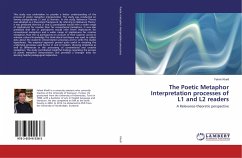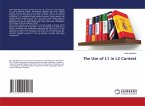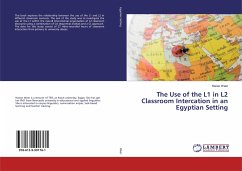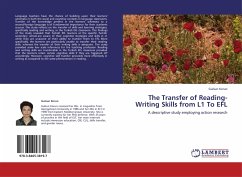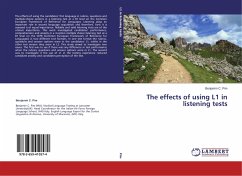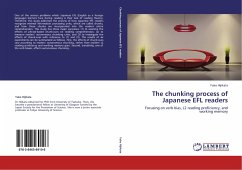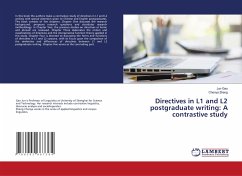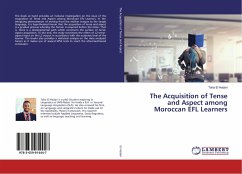This study was undertaken to provide a better understanding of the process of poetic metaphor interpretation. The study was conducted on twenty postgraduate L1 and L2 learners. In this study, Relevance Theory was adopted as a theoretical framework. By referring to Relevance Theory, it was predicted that the L1 and L2 participants would infer a wider range of implicatures for creative than for conventional metaphors. It was also predicted that the L1 participants would infer fewer implicatures for conventional metaphors and a wider range of implicatures for creative metaphors than the L2 participants on account of their superior access to relevant cultural knowledge.The think-aloud technique was used to collect data about the students' interpretation processes and to verify the study's hypotheses. The empirical approach proved quite useful in revealing the underlying processes used by the L1 and L2 readers, showing similarities as well as differences in the processing of conventional and creative metaphors. The study contributed insightful findings regarding the process of poetic metaphor interpretation and provided a stronger basis for deriving helpful pedagogical implication.
Bitte wählen Sie Ihr Anliegen aus.
Rechnungen
Retourenschein anfordern
Bestellstatus
Storno

